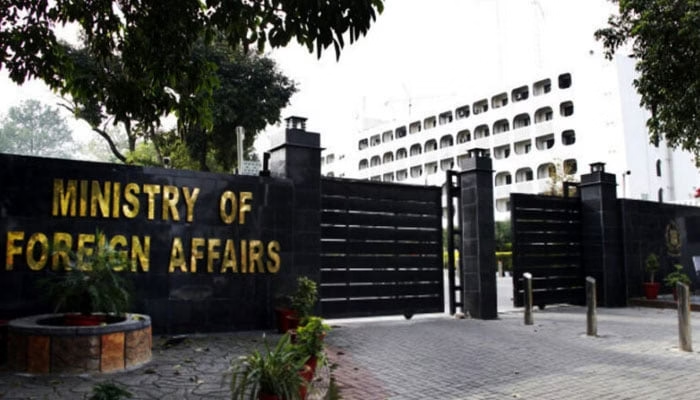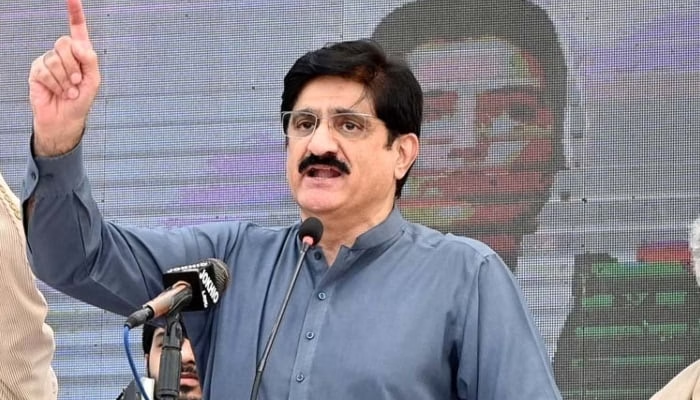The Foreign Office (FO) of Pakistan on Friday called on the international community to adopt non-discriminatory and objective counter-terrorism policies, urging that militant groups such as the Majeed Brigade be formally designated as aliases of the Balochistan Liberation Army (BLA).
In a strongly worded statement, FO Spokesperson Shafqat Ali Khan emphasized Pakistan’s longstanding role as a bulwark in the global war on terror. “As Pakistan continues to remain counter-terrorism bulwark through unparalleled sacrifices and efficacy, we urge the international community to adopt objective and non-discriminatory policies to address this global menace through collective efforts,” the statement read.
This demand came shortly after the United States designated The Resistance Front (TRF)—believed to be an offshoot of the proscribed Lashkar-e-Taiba (LeT)—as a foreign terrorist organization over its alleged involvement in a deadly April 22 attack in Indian Illegally Occupied Jammu and Kashmir (IIOJK) that resulted in the deaths of 26 individuals.
The incident triggered a major escalation between India and Pakistan, with New Delhi quickly blaming Islamabad for the attack—an accusation Pakistan categorically denied. The tensions culminated in India launching cross-border strikes, to which Pakistan responded with Operation Bunyan-um-Marsoos, downing six Indian Air Force jets, including three Rafale aircrafts. After four days of heavy exchanges, the two countries agreed to a US-brokered ceasefire on May 10.
FO Spokesperson Khan clarified that investigations into the Pahalgam incident, which occurred in a disputed and internationally recognized conflict zone, are still inconclusive. “Any linkage with LeT, a defunct organization banned in Pakistan, belies ground realities,” he said. He further stressed that Pakistan has dismantled such organizations comprehensively, with arrests, prosecutions, and deradicalization programs implemented effectively across the board.
While the FO acknowledged that the US designation of TRF falls within the scope of its domestic laws, it also warned against the misuse of such designations. “India has a track record of exploiting such actions to push anti-Pakistan propaganda with a view to divert international attention from its irresponsible and rogue behavior, including ongoing human rights atrocities, especially in occupied territory,” Khan stated.
Reaffirming its strong stance against terrorism, the FO underscored that zero tolerance and international cooperation remain the cornerstones of Pakistan’s counter-terrorism policy. “Pakistan has been, and remains, a frontline state against terrorism, contributing significantly towards global peace through counter-terrorism efforts,” the statement reiterated.
As a key example of Pakistan’s cooperation in global counter-terrorism operations, the FO highlighted the arrest of Mohammad Sharifullah alias Jafar, a top operative of Daesh-Khorasan (ISIS-K), who was responsible for the Abbey Gate bombing during the US withdrawal from Afghanistan. The suicide attack killed at least 170 Afghan civilians and 13 American troops.
The arrest of Sharifullah, who confessed to planning and scouting routes for the attack, was made possible through close intelligence cooperation between Pakistan and the United States’ Central Intelligence Agency (CIA). The breakthrough was publicly acknowledged by former US President Donald Trump, who praised Pakistan for capturing the “monster” and described it as a “very huge day” for the victims’ families.
In its concluding remarks, the Foreign Office reiterated that Pakistan condemns terrorism in all its forms and manifestations, and remains committed to combating the menace globally through active international cooperation and unwavering national policy.



